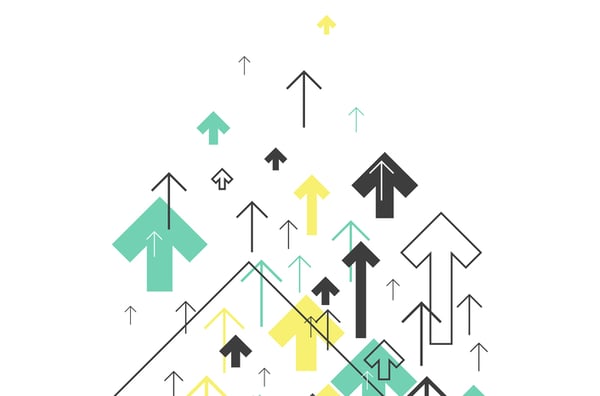Diverse people have diverse work styles. Here's why different ways of working must be embraced inside the workplace.
"People often underestimate the importance of how different our views, perspectives, culture, and our experiences are, but they also underestimate the importance of leveraging those differences and cultural perspectives when driving a business," says Celeste Warren, VP of Human Resources and Global Diversity and Inclusion at Merck, during my recent interview with her.
"Don't just tolerate [diversity] but understand it and allow it to drive performance of the organization," says Warren.
An often underestimated and overlooked way that diversity and inclusion can drive performance, is by supporting different ways of working.
Diverse People Have Diverse Work Styles
By nature, people are diverse. And diverse people have diverse work styles.
"The future of work is about taking risks and sponsoring different ways of working," says Warren. "Entertain different ways in which people are productive....this seems to be especially true across generations."
Warren provides the example, "a Generation Xer might not need a lot of feedback and can be more independent in their work, while a Millennial might desire more feedback and have a different style of working."
The goal is to create diverse and inclusive work environments that enable teams to execute with the confidence of a Baby Boomer, the experience of Generation X, the velocity of Millennials, and with the fresh perspective of Generation Z.
In order to effectively lead in today's fast-paced, highly diverse, and multi-generational workplace, leaders must understand and appreciate each generation's varying preferences of work environments and work styles.
"Leaders must be more tolerant and understanding across generations...[because] the different vehicles of HR--retaining, attracting and developing employees--are different across generations," says Warren. "Don't expect others to work the same way as you work."
Align Work Styles and Needs with Work Environments
Warren encourages inclusive leaders to ask themselves, "How can I meet people where they are so they can really be productive towards the mission of the organization."
The needs of individuals--single parent, caring for elderly parents, disabled, etc.--have to be considered when objectives are set," says Warren. "We tell managers [at Merck] to set the objective and the timeline and then make the HOW individualized to the need of the individual."
How are the objectives assigned? How is feedback delivered? How is the individual allowed to work to achieve the objectives? How is the individual supported?
"Diversity and inclusion is about understanding the team as individuals and meeting them where they are," says Warren. "The support managers give is unique."
Take learning and development for example, in the past traditional training required sitting in a classroom or being alongside a person on the job. "Meet the next generation where they are...How are [leaders] creating an environment that enables Millennials and future generations to be productive and not get stuck in the traditional ways of working," says Warren.
Learning and development is one of many workplace dynamics that needs to be more inclusive. Training of the past is outdated. It needs to be integrated with how people learn and work, especially considering how different the emerging generations learn. (Read thisto learn how to train the next generation at work.)
Warren continues, "Reevaluate your learning and development offerings not by WHAT you're training but by HOW you're training."
Twenty-first-century professionals have diverse work styles, organizations must adapt.
Listen to my full interview with Celeste Warren here.
I help companies better lead, engage, train, and sell to Millennials and Generation Z. If you’d like help solving tough generational challenges inside your organization, click here.





